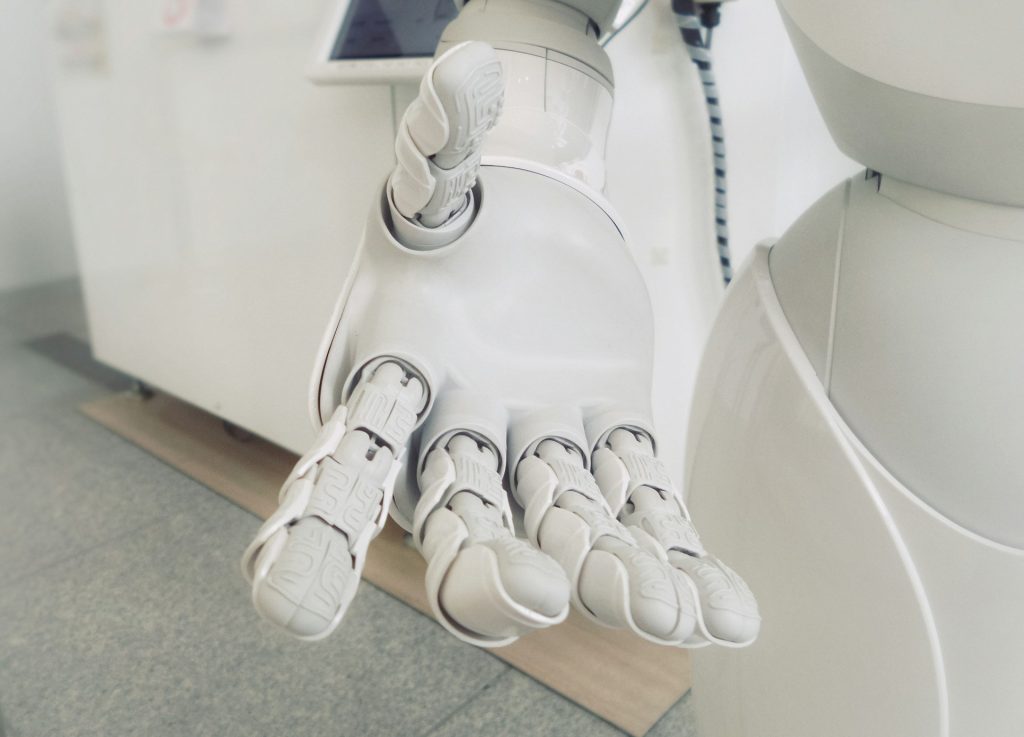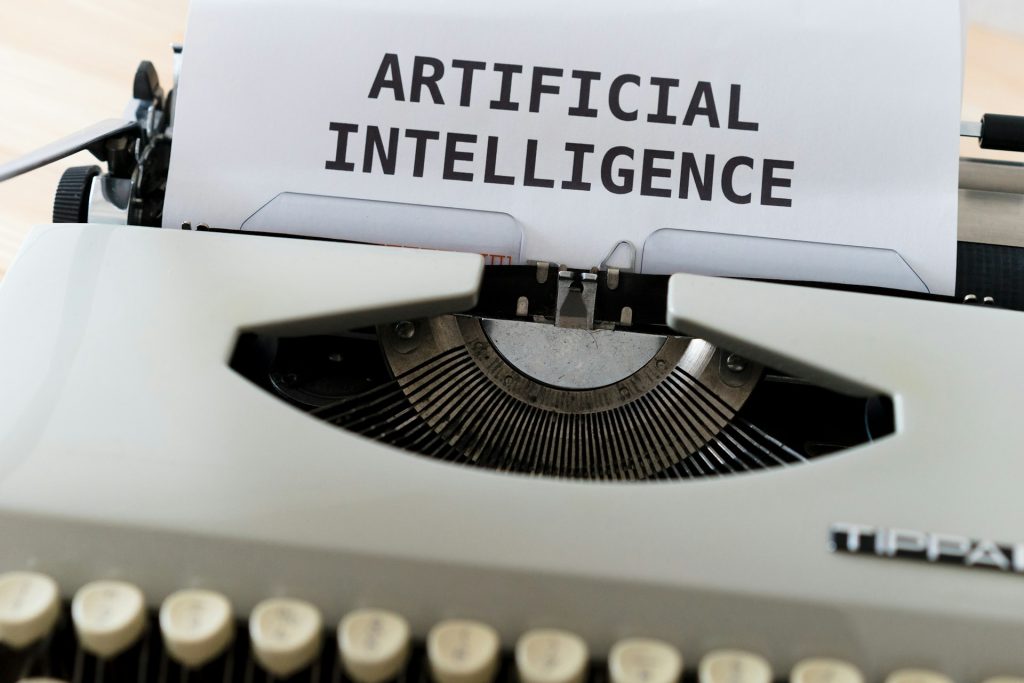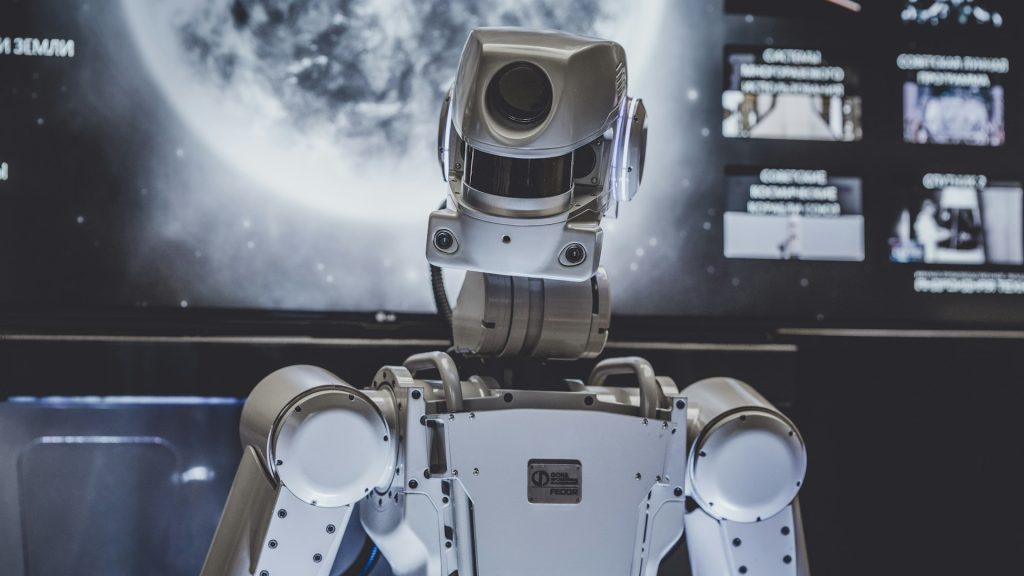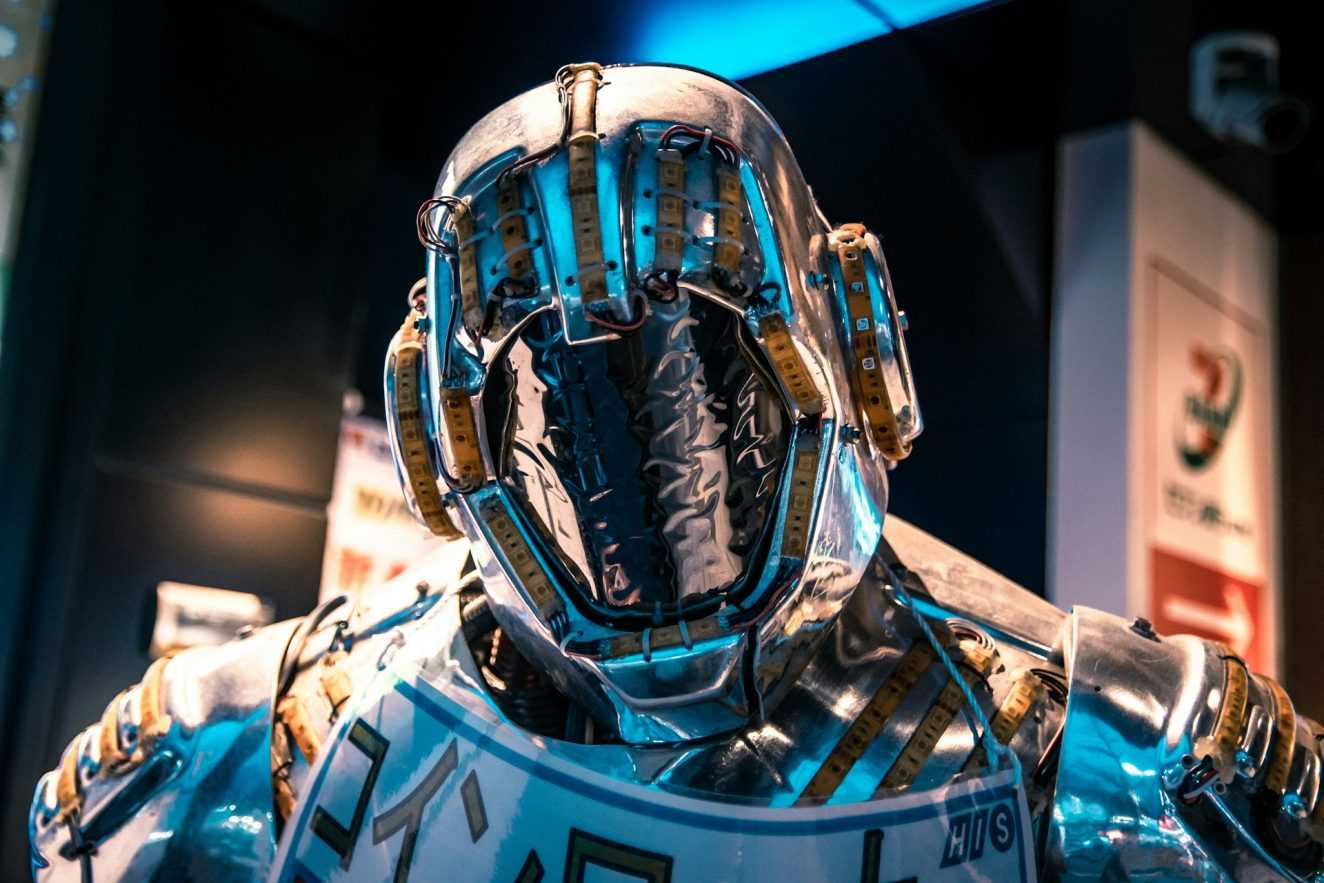If you haven’t been paying attention to the AI wave, it’s high time you caught up. From ChatGPT making headlines to Google’s new AI software for presentations and data analysis, artificial intelligence is reshaping the workplace. Tools like Gamma and Numerous AI are just the beginning. While some fear job losses, the truth is more nuanced: AI will indeed change the job landscape, but it will also create new opportunities. Here’s a glimpse into how AI will affect jobs from 2024 to 2030.

Jobs AI Will Transform
1. Customer Service Representatives
Gone are the days of endless hold music and human-operated call centers. Most customer queries are repetitive and don’t require a human touch. AI chatbots are becoming adept at handling these tasks, offering quick and efficient service without the need for human intervention.
2. Receptionists
The friendly face at the front desk is increasingly being replaced by AI. Companies like AimeReception use robots that can see, listen, understand, and talk to visitors, transforming how businesses handle front desk operations.
3. Accountants and Bookkeepers
AI-powered bookkeeping services are revolutionizing accounting by providing efficient, cloud-based solutions that are secure and flexible. These systems can collect, store, and analyze data more cost-effectively than human employees, making them an attractive option for businesses.
4. Salespeople
The digital age has shifted sales from face-to-face interactions to online platforms. AI-driven marketing on social media can create targeted ads for specific audiences, reducing the need for traditional sales roles.
5. Researchers and Analysts
Data analysis is a field ripe for AI takeover. Advanced algorithms can sort, extrapolate, and analyze data faster than any human, making the role of data analysts increasingly automated.
6. Warehouse Workers
With the rise of e-commerce, warehouses are adopting AI and automation to streamline operations. Robots can now locate packages, direct staff, and even perform mechanized retrieval and loading, enhancing efficiency and reducing the need for human workers.
7. Insurance Underwriters
Assessing insurance applicants involves data analysis and applying formulas, tasks that AI can handle with ease. As AI evolves, it will take over more complex underwriting duties, potentially reducing the need for human underwriters.
8. Retail Workers
Self-checkout stations are just the beginning. As retail becomes more automated, companies save money on staffing costs, even if it means a slight increase in theft. The future of retail will likely see more automation and fewer human cashiers.

Jobs AI Won’t Replace
While AI is set to revolutionize many fields, certain jobs are safe. These roles typically require a high degree of emotional intelligence, complex decision-making, and personal interaction.
1. Teachers
Inspiring students and tailoring learning experiences requires a human touch that AI cannot replicate. Teachers will remain essential for fostering academic growth and personal development.
2. Lawyers and Judges
The legal profession involves complex case analysis, negotiation, and strategy—skills that require human intuition and experience. AI can assist but not replace the nuanced work of legal professionals.
3. Directors, Managers, and CEOs
Leadership involves more than just strategic thinking; it requires inspiring and guiding teams, a task that robots are unlikely to master. Investors prefer companies led by humans who can navigate complex social dynamics.
4. HR Managers
While AI can streamline hiring processes, HR managers play a crucial role in maintaining workplace morale and addressing employee concerns. Their ability to handle interpersonal issues makes them indispensable.
5. Psychologists and Psychiatrists
Mental health care relies heavily on human empathy and understanding. While AI can support, it cannot replace the personal connection crucial for effective therapy and psychiatric care.
6. Surgeons
Robotic assistance in surgery is increasing, but the expertise and decision-making of human surgeons are irreplaceable. Surgeons combine technical skill with patient interaction, a combination that AI cannot fully replicate.
7. Computer System Analysts
Despite automation, maintaining and improving complex software and hardware systems requires human oversight. Analysts ensure systems run smoothly and coordinate necessary updates and improvements.
8. Artists and Writers
Creativity is a uniquely human trait. While AI can generate text and art, the imaginative and emotional depth of human-created work remains unmatched. Writers and artists bring a personal touch to their creations that AI cannot emulate.

Embrace the Change
Rather than resisting the AI revolution, it’s time to ride the wave. Those who adapt will find themselves in demand, enjoying job growth in new and evolving fields. AI will undoubtedly change the job market, but it will also open doors to exciting opportunities. Get ready to embrace the future of work!





